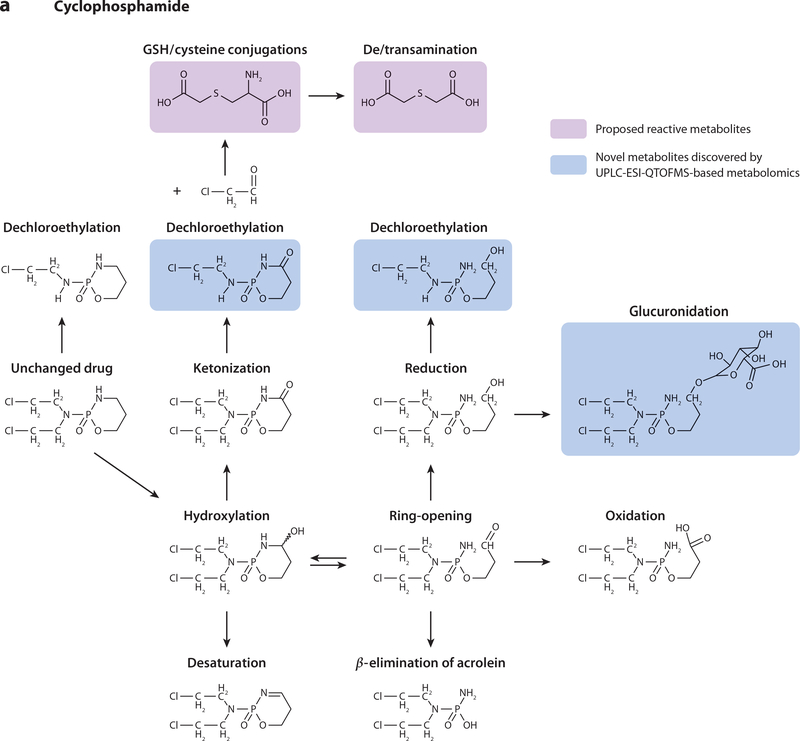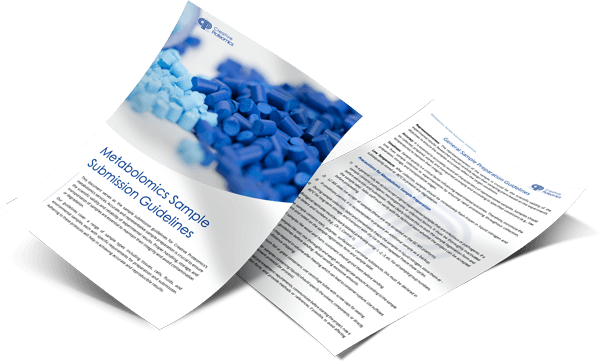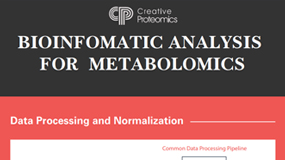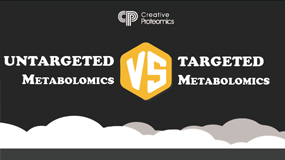Xenobiotics are foreign chemicals, which can be toxic or harmless. These xenobiotics include not only drugs but also dietary supplement, food additives, and environmental pollutants. When xenobiotics greatly disrupt the metabolism and transport of endogenous compounds into the body, they can be harmful to human bodies. Xenobiotics can be eliminated unchanged, but mostly they can be metabolized by metabolism enzymes in vivo. Studying how xenobiotic metabolism occurs in the human body helps us to accelerate researches in drug discovery and toxicology. In drug discovery, understanding the metabolites of drugs helps us to study what effects they have. Moreover, metabolism can cause unwanted side effects, thus understanding the metabolism of all types of chemicals is important in the field of toxicology. Metabolomics, the comprehensive analysis of small molecules, is an ideal tool to systematically profile the endogenous metabolites. There are many applications of metabolomics in xenobiotic studies, such as acetaminophen (APAP) metabolism, cyclophosphamide (CP) and ifosfamide (IF) metabolism.
 Figure 1. An example of the applications of metabolomics in xenobiotic studies: Metabolic reactions of cyclophosphamide. (Johnson C. H. et al., 2012)
Figure 1. An example of the applications of metabolomics in xenobiotic studies: Metabolic reactions of cyclophosphamide. (Johnson C. H. et al., 2012)
Overview of Xenobiotic Metabolites Analysis Service
Cooperating with academic organizations and corresponding agencies, Creative Proteomics provides xenobiotic metabolite analysis, metabolite screening, and xenobiotic/metabolite concentration monitoring with the advanced analytical platform and professional analysts and technicians. We have different high-throughput analytical technology for xenobiotic metabolomics, such as ultra-performance liquid chromatography coupled with electrospray ionization quadrupole time-of-flight mass spectrometry (UPLC-ESI-QTOFMS), gas chromatography mass spectrometry (GC-MS), and nuclear magnetic resonance (NMR), etc.
In addition, we can provide multivariate data analysis, including but not limited to:
- Principal components analysis (PCA)
- Partial least squares discriminant analysis (PLS-DA)
- Orthogonal projection to latent structures discriminant analysis (OPLS-DA)
Advantages
- Equipped with advanced analytical technologies and data analysis methods.
- Available for a variety of samples, such as biofluid, cells, tissues, etc.
- We can design experiment customed to meet your needs.
At Creative Proteomics, advanced mass spectrometry coupled with multivariate data analysis provides our customers with a new perspective on xenobiotic metabolism. Our excellent and experienced experts will optimize the experimental protocol according to your requirement and guarantee the high-quality results for your research. As every project has different requirements, please contact our specialists to discuss your specific needs.
Reference
- Johnson C H, Patterson A D, Idle J R, et al. Xenobiotic metabolomics: major impact on the metabolome. Annual review of pharmacology and toxicology, 2012, 52: 37-56.





















